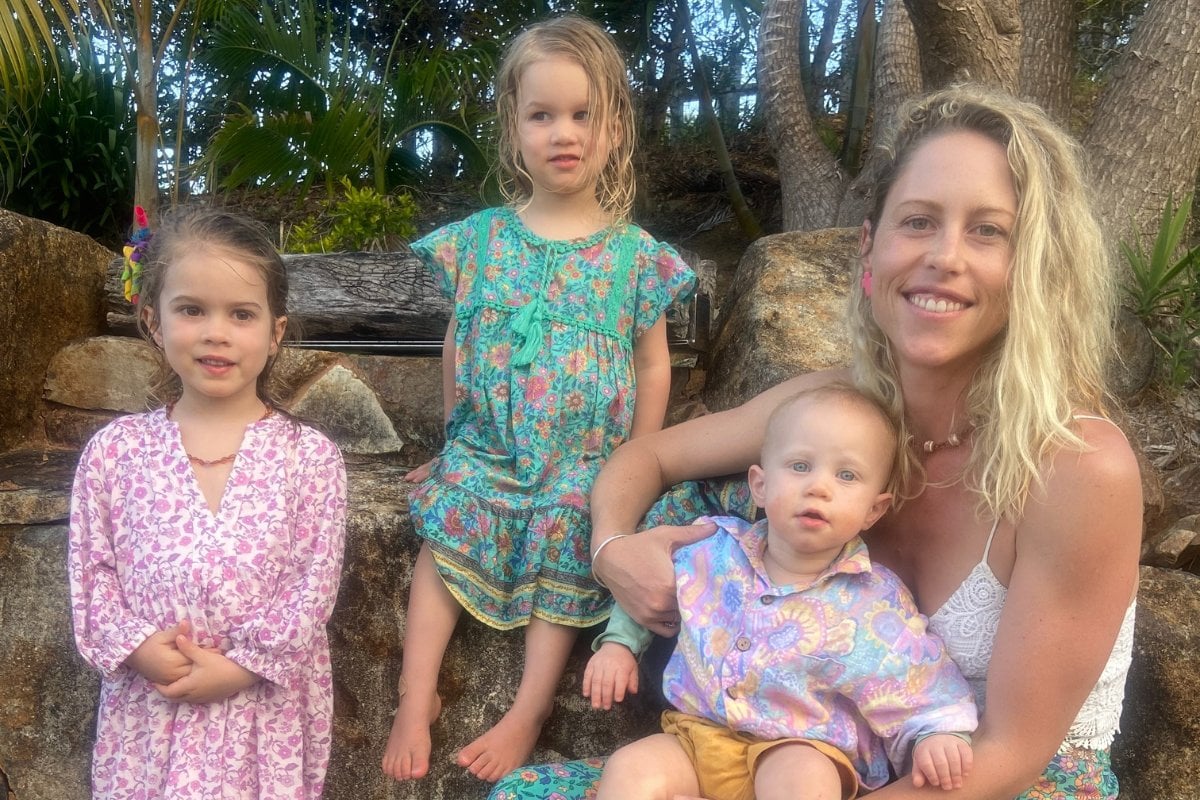
I currently have $14,000 in my superannuation account.
I'm 32 and have spent the last seven years largely unemployed, or as I like to call it "in unpaid work", while raising my kids.
The average superannuation for a woman my age is $56,943, for men it's $78,546. At this stage my options are not getting divorced, not becoming a widow or working until I drop dead.
I can hear a collective 'tut-tut' and pitiful sighs from women the world over who think I'm a grave disappointment to feminism and women's lib. I'm about to be on the receiving end of some lectures about financial literacy and some graphs that depict how much super I lose with each year out of the paid workforce. I'm the reason for the gender pay gap and the super gap. It's me, hi! I've been dragging the chain.
Watch: Superwoman is dead. Post continues after video.
The thing is, I knew the financial risk and still I persisted with the day-to-day work of raising a family. Women over 55 are the fastest growing group to experience homelessness in Australia so future financial insecurity is a real risk. Why did I do it to myself? Because it felt like an important and valuable contribution. I saw the day-to-day work of caring for my kids as a worthy contribution. I realised it was very challenging and rewarding work. The short answer, I wanted to. And I thought women were finally free to do as they pleased. I was wrong.


Top Comments